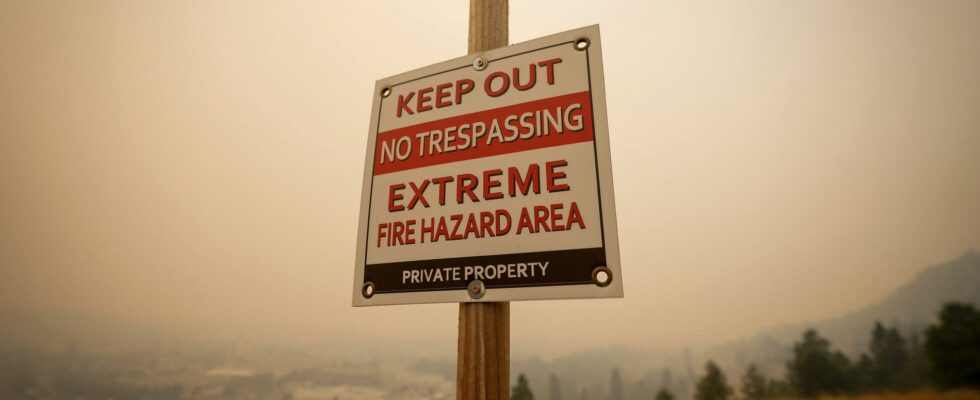unsaveSave
expand-left
full screen In British Columbia, Canada, extensive forest fires both this year and last year have led to enormous amounts of carbon dioxide emissions. Archive image. Photo: Darryl Dyck/AP/TT
In the wake of recent record-breaking forest fires, carbon dioxide emissions have also increased to exceptional levels, according to the EU’s climate service Copernicus.
Greece, Bulgaria and North Macedonia are some of the European countries affected by extensive forest fires during the summer. As a direct consequence of these, air quality has been affected. It is both about an increased amount of carbon dioxide but also particles that can be harmful to us.
In the Greek capital Athens, among others, the air quality has deteriorated significantly, according to a recent report from Copernicus with measurements from the satellite monitoring service Cams.
In South America, intense forest fires in, among other places, Bolivia and the Brazilian states of Amazonas and Mato Grosso do Sul have led to exceptionally high emissions that have been above average for the past 21 years.
Carbon dioxide is particularly sensitive in those areas because it affects the Pantanal region, which is home to the world’s largest tropical wetlands.
North America has also had an extreme summer with forest fires, especially in Canada and the western United States. Over 15 million hectares of forest, equivalent to about 4 percent of Canada’s total forest area, were in flames last year. According to measurements from Cams, this has led to last year’s record high carbon dioxide emissions already being exceeded.
